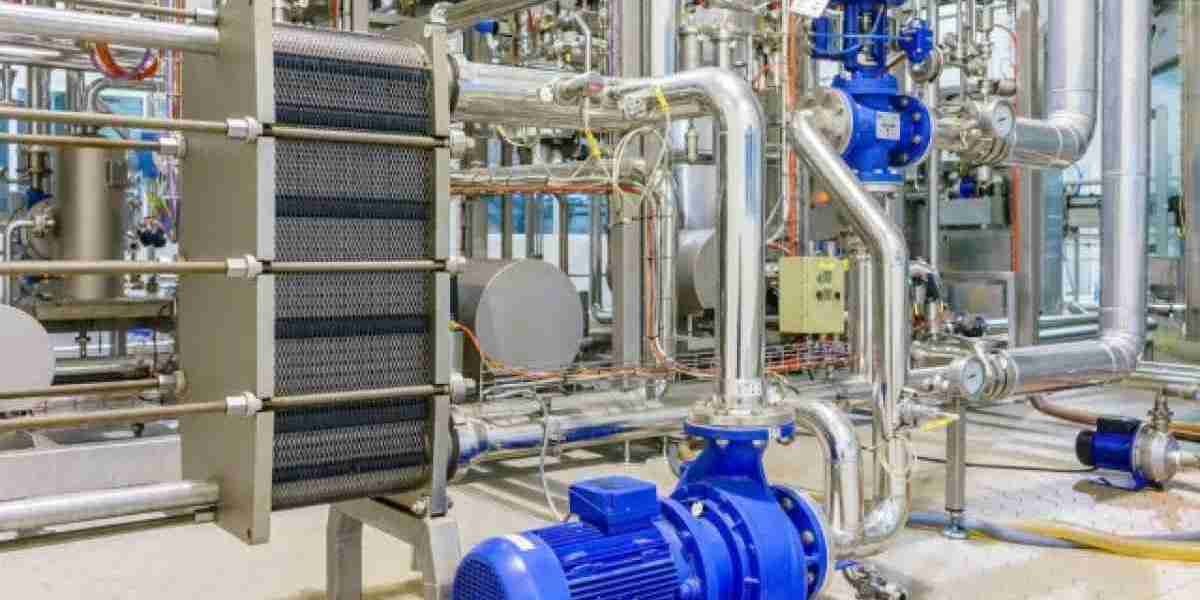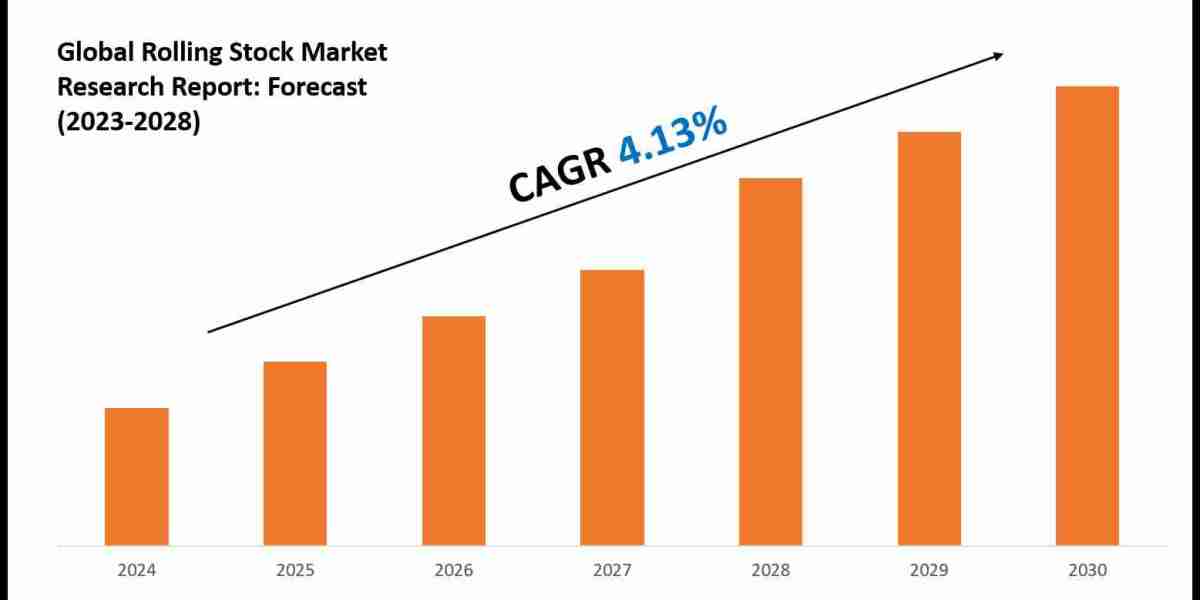Introduction
The global push toward energy efficiency and sustainability is driving increased adoption of industrial heat pumps worldwide. While developed regions have historically led the market, developing economies are rapidly catching up due to growing industrialization, rising energy costs, and stringent environmental regulations. This article explores the industrial heat pump market adoption trends in developing economies, highlighting key drivers, challenges, and future growth prospects.
Rising Industrialization and Energy Demand
Developing economies in regions such as Asia-Pacific, Latin America, and parts of Africa are experiencing accelerated industrial growth. Expansion in sectors like manufacturing, food processing, chemicals, and textiles has led to increased thermal energy demand. Industrial heat pumps are emerging as viable solutions for these markets to:
Reduce energy consumption and operational costs
Improve process efficiency
Meet growing environmental and regulatory requirements
Key Adoption Drivers
1. Energy Cost Pressures
Rising electricity and fossil fuel prices are motivating industries in developing economies to explore more energy-efficient technologies. Industrial heat pumps offer a way to lower fuel use by recovering and upgrading waste heat for reuse in processes.
2. Environmental Regulations and Sustainability Goals
Governments are implementing policies aligned with global climate commitments, such as the Paris Agreement, encouraging cleaner technologies. Subsidies, tax incentives, and carbon pricing mechanisms are increasingly available to support heat pump adoption.
3. Technology Accessibility and Affordability
Technological advancements have led to more affordable and adaptable industrial heat pump solutions, suitable for the diverse needs and infrastructure conditions in developing markets.
4. International Collaboration and Funding
Development banks, climate funds, and international organizations are investing in energy efficiency projects, often facilitating access to financing and technical expertise for industrial heat pump installations.
Sectoral Adoption Trends
Food & Beverage: Heat pumps are used for process heating, drying, and sanitation, helping industries meet hygiene and energy standards.
Chemical and Pharmaceuticals: Adoption is growing for process heat and steam generation, where precise temperature control is critical.
Textile Industry: Heat pumps help reduce energy costs in dyeing, drying, and finishing processes.
Agriculture: Use in greenhouses and post-harvest processing for controlled heating applications.
Challenges in Adoption
High Initial Investment: Capital costs can be a barrier, especially for small and medium enterprises (SMEs).
Lack of Awareness and Technical Expertise: Limited knowledge about benefits and system integration hinders widespread adoption.
Infrastructure Limitations: Inconsistent power supply and maintenance challenges affect reliability.
Supply Chain Constraints: Access to quality components and service networks remains uneven.
Future Outlook and Opportunities
Government Policy Support: Expected increase in green policies, subsidies, and stricter emissions regulations will accelerate market growth.
Local Manufacturing and Assembly: Encouraging regional production can reduce costs and improve availability.
Training and Capacity Building: Programs aimed at educating engineers and technicians will boost adoption.
Digitalization: Integration of IoT and smart controls will enhance system efficiency and appeal.
Developing economies represent a high-growth segment within the global industrial heat pump market, projected to see double-digit growth rates through 2030 as industrial activity and environmental awareness rise.
Conclusion
The adoption of industrial heat pumps in developing economies is gathering momentum, driven by economic growth, energy cost pressures, and evolving regulatory landscapes. While challenges remain, targeted policy measures, technological advancements, and international cooperation are paving the way for broader market penetration. As these economies transition towards sustainable industrialization, industrial heat pumps will play a vital role in reducing emissions and enhancing energy efficiency.




